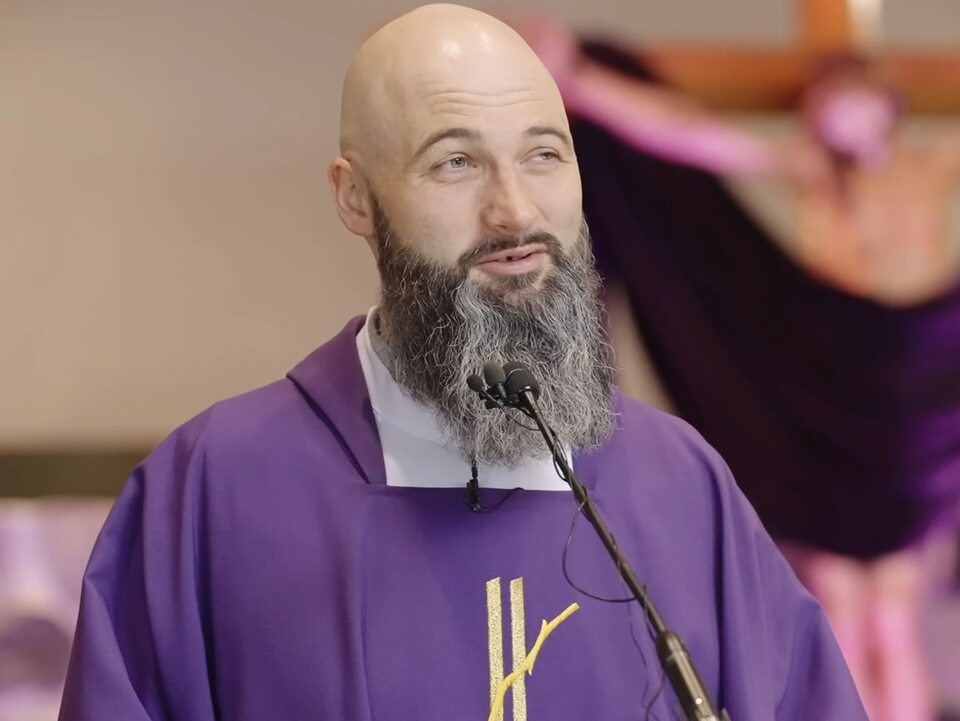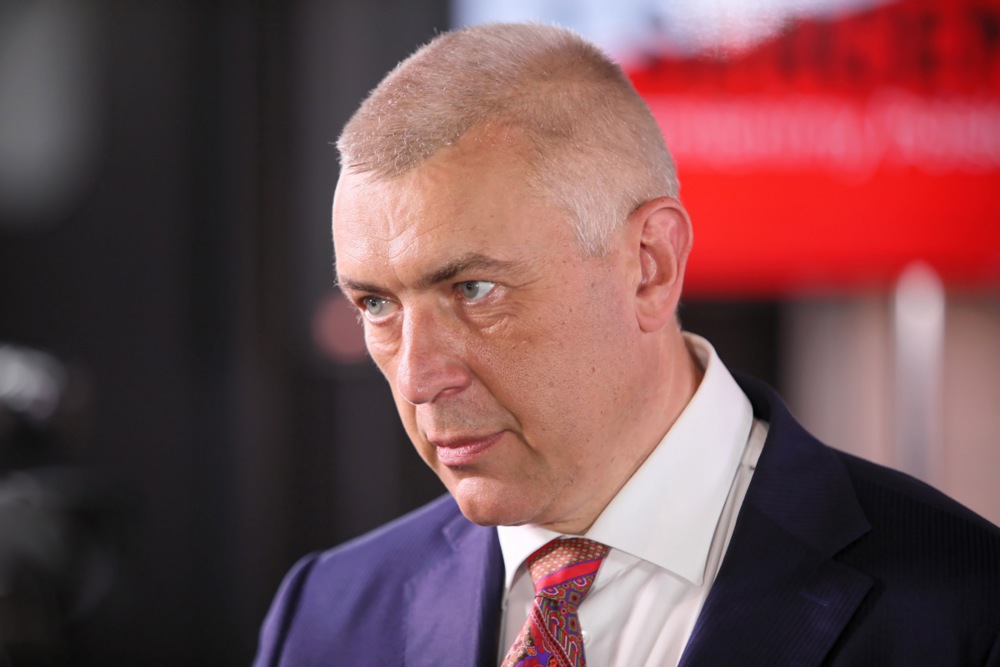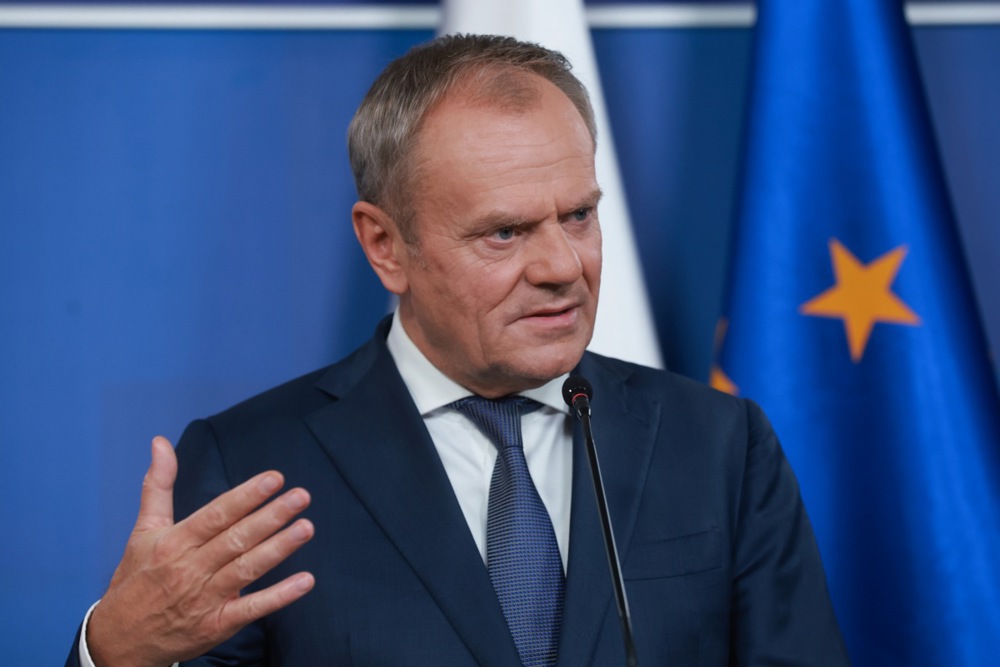The Tusk government and his political party stayed silent on the 40th anniversary of the killing of Father Jerzy Popiełuszko by the Communist secret police.
At the same time, it has extended the detention of Father Michał Olszewski who is accused of colluding in corruption allegedly perpetrated by the previous Conservative PiS government.
Popiełuszko was a Catholic priest in Warsaw who campaigned against the Communist authorities’ martial law clampdown on the Solidarity trades union before being abducted and killed by Polish security police on October 19, 1984.
Hundreds of thousands of people in Warsaw attended his funeral, he was beatified by the Catholic Church in 2010 and he remains one of Solidarity’s greatest heroes.
Parliament commemorated the 40th anniversary of his death with a resolution approved unanimously but there was no comment from either the Polish government or Warsaw mayor Rafał Trzaskowski. Tusk posts daily on platform X but did not do so on this issue.
It was reported in Polish media that the government has lately been annulling decisions taken by its predecessors which had reduced pensions for former Communist security police on the grounds that such moves violated the rights of those individuals.
Poland’s state body, the Office for War Veterans and Victims of Oppression, also failed to honour the 40th anniversary of Popiełuszko’s death.
Jan Józef Kasprzyk, the former head of that office under the PiS government, told portal wPolityce: “The veteran affairs authority found the time during the Warsaw Uprising commemoration to honour the Communist underground who served Moscow but did not find the time to honour Solidarity’s most famous martyr.”
On October 22, the present government-controlled public prosecutors filed for a prolonging of the detention of Father Olszewski by changing the charges he is to face. That allows the prosecutors to argue before the courts that they needed the priest to spend more time incarcerated.
Olszewski, the head of the Profeto foundation that has received the public money, and two former employees of the justice ministry have been held in detention since March this year while the authorities investigate further allegations that the three conspired to defraud a fund intended for victims of crimes.
Olszewski’s lawyers have claimed that his actions in seeking and securing public funds to fund a centre for victims of crime were legal and that he was being hounded by the authorities because of his close association with officials in the previous PiS government.
The priest’s detention has already been extended twice by the courts and on October 24 a Warsaw court is due to hear an appeal against his being held beyond November 21.
Poland has regularly been criticised by the European Commission and the Council of Europe for abusing the mechanism of prolonged detention. Many lawyers and commentators have stated their belief that prosecutors use the situation to attempt to break them and admit guilt in order to be released from detention rather stop those indicted from perverting the course of justice.
Olszewski’s attorney, Michał Skwarzyński, told reporters: “We’ve had allegations of money laundering, participation in an organised crime group and now we have an indictment for illegal appropriation of public funds.
“This is ridiculous because Father Olszewski received the money for a centre for the victims of crime and actually got it built. Where’s the defrauding of funds in that?”
The priest’s lawyers and family have reported concerns about his health and state of mind in detention and allegations of his mistreatment there are being examined by Poland’s Ombudsman. That came the wake of revelations that he was denied food and water for more than 24 hours after his arrest and that he was publicly humiliated during his journey to prison when he was paraded in handcuffs at a petrol station.
Relations between the Tusk administration and the Catholic Church remain frosty with the government considering reducing state funding for the church.
It has already reduced by half religious instruction in schools and some of its members have argued that the administration should renegotiate the Concordat agreement with the Vatican,. That gave the Church wide-ranging rights and privileges in a country in which the Catholic Church, despite falling Sunday mass attendance, is by far the biggest denomination
Most of the parties that make up the ruling coalition want to liberalise abortion legislation and to legalise same-sex unions, both measures to which the Catholic Church is opposed.
The ruling coalition has also accused the Church of becoming too close to PiS during that party’s time in office.




